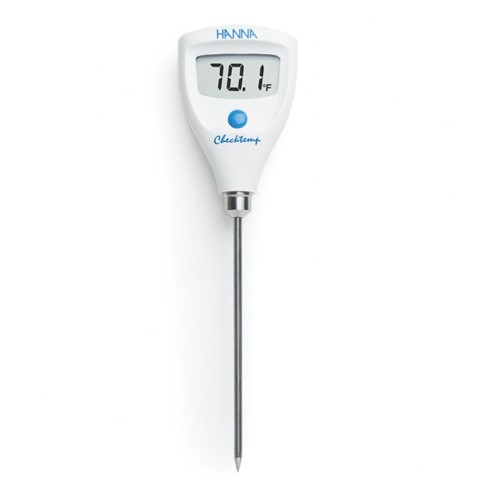UK food inflation hits 46-year high

The Inter-Party Committee on Environment, Food and Rural Affairs (EFRA) of the House of Commons, the lower house of parliament, said it would look into how profits and risks are shared in the farm-to-table supply chain, as well as the level of regulation.
The impact of external factors on the supply chain, such as imported food and global commodity prices , will also be examined.
“When many people are struggling to provide their families with good food at a reasonable price, it is our job as a committee to figure out what is going on,” said Robert Goodwill, chairman of the EFRA committee and MP for the ruling Conservative Party.
“We know that consumers are paying higher prices, but the question is, are other parts of the supply chain unfairly benefiting from this, or are some of them also under pressure?” - he said.
Earlier this month, the French government promised to take action against food retailers who fail to offer consumers lower wholesale prices.
In the UK , the small opposition Liberal Democrats have called on the government to investigate supermarket profits.
Supermarket groups, including market leader Tesco, have denied claims that they are speculating, saying their profits have been hurt and their operating margins are 4% or less, while major consumer goods makers such as Unilever and Nestle, have a margin of 16-17%.
Official data showed UK food prices were 19.1% higher in March than a year earlier, the biggest increase since August 1977, while food inflation was 17.3% in April . according to industry data.
The Bank of England said on Thursday that it expects headline inflation, which remained above 10% in March, to fall more slowly than it had hoped, mainly due to unexpectedly large and persistent increases in food prices.
Food retailers said they expect prices to rise in 2023 overall, but the inflation rate will decline throughout the year.
The prices of some of the products that rose most sharply, such as milk , butter and bread, actually began to fall.
The EFRA Committee does not have the power to change legislation, but may collect oral and written evidence from farmers, producers, retailers, government and consumers and compile a report with recommendations.




























































